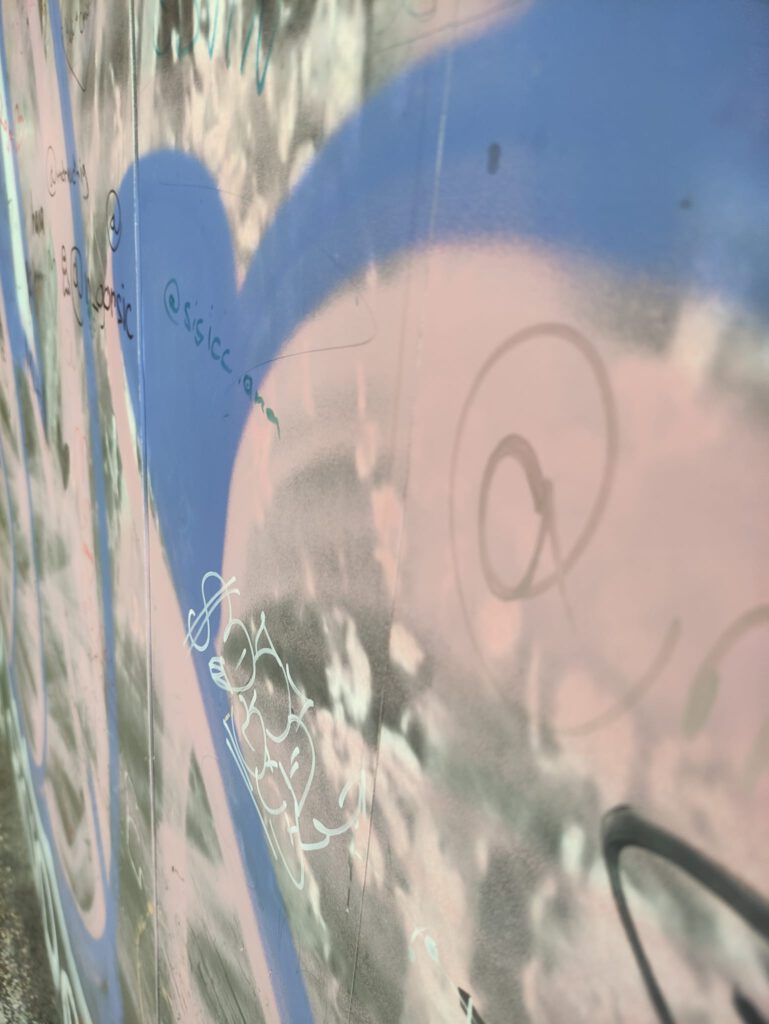The Dynamic World of Wall Art Graffiti
Wall art graffiti, a vibrant and often controversial form of expression, has evolved into a significant cultural and artistic phenomenon. Emerging from the streets, graffiti has transcended its origins to become a recognized and celebrated form of wall art that captures the pulse of urban life.
Graffiti began as a voice for the voiceless, allowing individuals to claim space in environments that often overlooked their existence. It started with simple tags and evolved into complex murals, blending bold colors, intricate designs, and powerful messages. Each piece of graffiti tells a story, reflecting the artist’s perspective and the community’s spirit.
Over the years, wall art graffiti has gained legitimacy and respect. Renowned street artists like Banksy, Shepard Fairey, and Lady Pink have brought graffiti into galleries and museums, challenging traditional notions of art. Their works, often laden with social and political commentary, demonstrate the profound impact graffiti can have on public discourse.
Cities worldwide have embraced graffiti as a tool for urban revitalization and cultural expression. Legal walls and commissioned projects provide platforms for artists to showcase their talent, transforming drab cityscapes into dynamic galleries. These initiatives foster community pride and attract tourists, highlighting the positive influence of wall art graffiti.
Despite its acceptance in some circles, graffiti remains a contentious topic. Issues of legality and property rights persist, with some viewing graffiti as vandalism rather than art. This ongoing debate underscores the need for dialogue about public space and artistic freedom.
Wall art graffiti continues to evolve, driven by technological advancements and global cultural exchanges. Digital tools, social media, and international graffiti festivals have expanded the reach of this art form, allowing artists to share their work with a broader audience and gain global recognition.
In essence, wall art graffiti is a testament to the enduring power of art to inspire, provoke, and transform. Its dynamic nature and ability to capture the essence of contemporary society ensure that graffiti will remain a vital and influential part of the art world.
